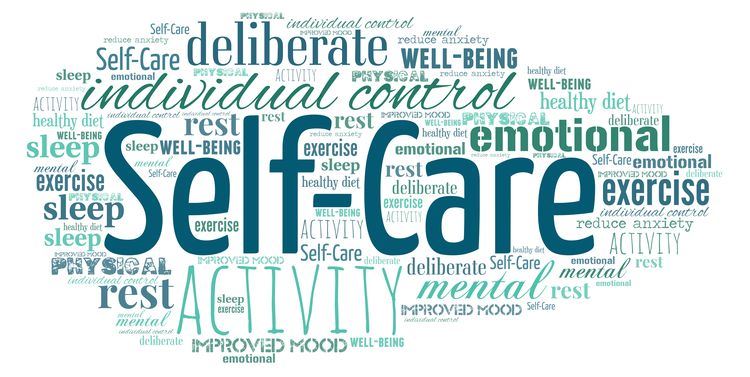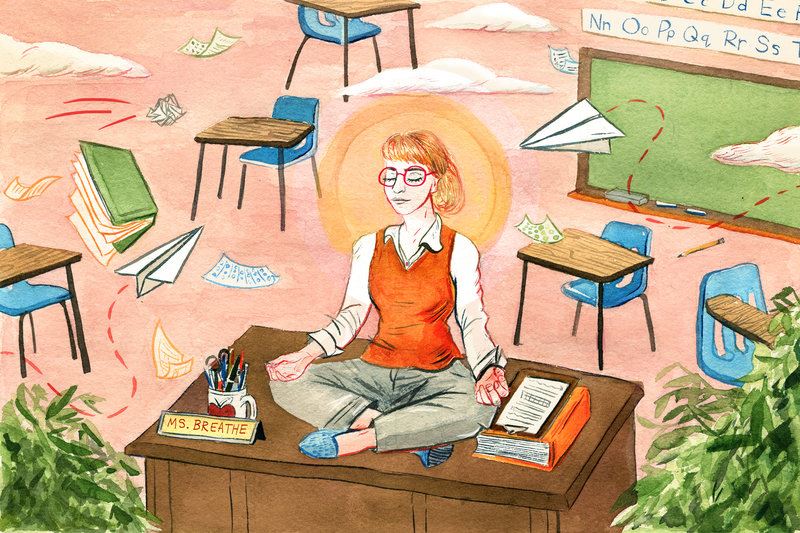School Counseling Department
Page Navigation
- Meet the Counselors
- College & Career Center
- Welcome
- A-G Requirements
- Graduation Requirements
- CTE Options
- California Conservation Corps
- College & Universities
- Delta College
- Dual Enrollment/College Early Start
- Events Calendar
- Financial Aid
- Letters of Recommendation
- Military/Armed Services
- SAT & ACT
- Scholarship Opportunities
- Senior FAQs
- Transcript Request
- Turning 18 Survival Guide
- Xello/Career Exploration
- Wellness Center
-
BACK TO SCHOOL WELLNESS TIPS
The beginning of a new school year brings a whirlwind of emotions. You feel excitement tinged with a hint of anxiety, energized yet mindful to pace yourself, and eager to begin despite possibly yearning for a bit more rest. Amid ongoing uncertainty, these back-to-school feelings are heightened more than ever. Prioritizing teacher/school staff wellness and balancing strategies not only benefits you immensely, but also positively impacts those around you.
Explore the tips below to ensure you care for yourself effectively, both within and outside of school, enabling you to present your best self.
Prioritize Your Well-being
Remember the airplane advice: "Put on your own oxygen mask before assisting others." Self-care isn’t selfish—it’s essential. Whether it’s regular exercise, quiet reading time, or reconnecting with nature, carve out moments for activities that help you breathe easier when life gets hectic.
Individualized Wellness and Balance
Wellness and mindfulness practices are personal. What works for a colleague might not suit you or your students. Experiment to find what resonates best with your needs, whether it’s physical health, emotional well-being, or creating a supportive environment. Balance is like a flowing river—constantly evolving. What helps you juggle work, family, and hobbies now may differ from what you needed in the past.
Adjust Your Mindset
Shift from "I have to…" to "I get to…" to transform tasks from burdens into opportunities. Viewing grading as a chance to understand students’ perspectives can make it more fulfilling and less stressful.
Listen to Your Body
Pay attention to physical signs of stress. Regular check-ups, staying hydrated, and adhering to safety guidelines are crucial for maintaining well-being.
Avoid "Doomscrolling"
Limit exposure to negative news consumption, known as doomscrolling. Set boundaries for your media consumption and prioritize activities that bring you joy and peace of mind.
Set Boundaries with Flexibility
In a changing landscape, establish clear boundaries while remaining adaptable. As policies and circumstances shift, setting expectations for yourself and your students allows for creative problem-solving and action planning.
Embrace flexibility and an open mind, modeling resilience for your students during challenging times.
-
As an educator, how do we ensure we best prepare ourselves to support our students?
Because teaching is such an intensive job, educators can greatly benefit from learning about and practicing self-care. Unfortunately, teachers may worry that taking care of themselves can lead to self-absorption and distract them from their students. However, despite the misleading title, self-care isn’t at all about selfishness.
In fact, practicing self-care can be in the best interest of everyone in your classroom. Self-care is all about taking care of your health and making sure that you have everything you need to thrive as a teacher. Without taking care of yourself, you won’t have the energy to help your students.
Self-care can keep you at the top of your game and ready to handle any challenges that come up during your teaching career. Read on to discover what self-care is, why it’s important for educators, and how to bring it into your daily life as well as into your school.
What is Self-Care?
Self-care is an important component of a teacher’s mental health, but there are misconceptions about what it is. It’s common for educators to dismiss the self-care movement as “selfish” or “superficial.” But for teachers, self-care is so much more than breakfast in bed or treating yourself to a spa day. It’s about taking care of your health so that you’re prepared to be the best teacher you can be for yourself and your students.
The definition of self-care is any action that you use to improve your health and well-being. According to the National Institute of Mental Illness (NAMI), there are six elements to self-care:
- Physical
- Psychological
- Emotional
- Spiritual
- Social
- Professional
Addressing any of these six elements is important to address when wanting to holistically care for ourselves in every aspect possible.
How do you even self-care?
Because every person’s schedule and specific needs are different, practicing self-care can look different for everyone. A list of self-care activities for teachers could include the following ideas:
- Because teaching can be socially overwhelming, make sure to plan at least 10 or 20 minutes a day where you can take a break and decompress by yourself.
- Without a sense of compassion for yourself, you can’t practice positive self-care. If you struggle with low confidence levels, find ways to work on and improve your self-image.
- Bring a self-care “emergency pack” to school with things you enjoy so you can de-stress during your break if needed.
- Learning to recognize and process your emotions can lead to healthy self-care habits. Keep a journal and write in it to work through difficult teaching days when you feel overwhelmed.
- Social support is an important factor in self-care, so find a way to connect with loved ones at least once a day. This could be having dinner with your family, calling a friend, or relaxing with your significant other.

-
Classroom Self-Care Activities
Now that you understand how self-care can help your mental health as a teacher, you may also want to use group self-care activities in class. Student stress is just as prevalent and damaging for children as it can be for educators. Practicing self-care activities can help students learn how to manage and cope with challenging situations.
Here are a few self-care activities that you can use with your students to teach them the importance of caring for their mental, emotional, and physical health:
1. Personal reflection activities can teach students how to process their emotions. Try journaling or having group discussions about how your students are feeling about a certain topic and what that means to them.[2]
2. Meditation is a mindfulness practice that can help students focus on the present.
3. Use these emotion cards to help children recognize their own feelings.
4. Self-care can also involve connecting with people we care about. Make kindness postcards as a class for your students to send to a loved one.
5. Use mental health check-in questions to keep tabs on how your students are doing.
6. Doing get-to-know-you activities as a class can help students bond with their classmates and feel less alone.
7. Give a printable list of self-care activities to families as a way to help children and caregivers learn self-care together.
8. Help your students write a self-compassionate letter.
9. Say a few positive affirmations as a class, like “I believe in my goals and dreams.”
10. School can sometimes be overwhelming for students, too. Plan a quiet time for reading or doing homework into your class schedule so students have time to decompress.
11. Do a little yoga to unwind and practice mindfulness together.


